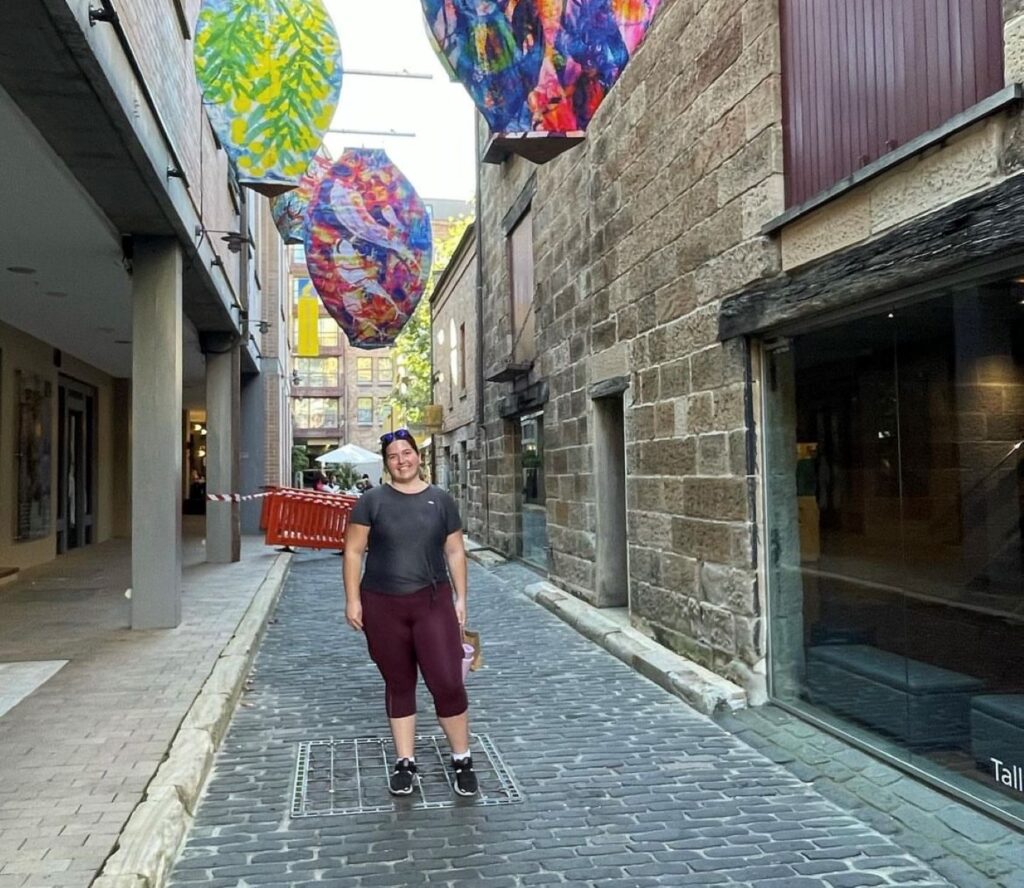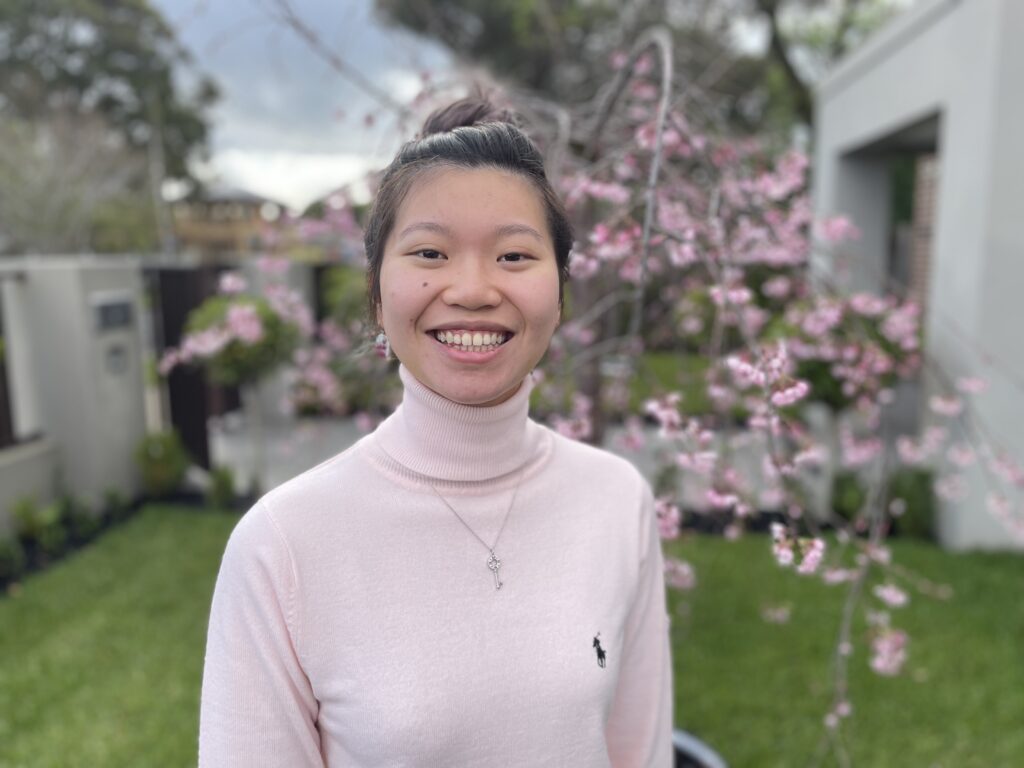More than 3.1 million people in Australia have experienced appearance-based discrimination in the past year, according to a new report that highlights the enormous impact on individuals, society and the economy.
The experience of appearance-based discrimination (which includes weight-based discrimination) is especially prevalent among young women aged 15-17 years-old and among the LGBTQI+ community.
The new report from KPMG, commissioned by the Butterfly Foundation, unveils the stark reality of body dissatisfaction and weight-based discrimination on Australia’s economy and society. It shows more than 4.1 million (18.9 per cent) people aged 15 years and over are significantly affected by body dissatisfaction.
There is a massive annual economic cost of body dissatisfaction and weight-based discrimination, estimated as $36.6 billion and $27.6 billion, respectively.
Appearance-based discrimination is described as the unjust, prejudicial treatment of somebody purely on the basis of their appearance, while body dissatisfaction is defined as having negative feelings and thoughts towards one’s own physical appearance, influenced by harmful appearance ideals prevalent in society.
According to the Butterfly Foundation, body dissatisfaction and experiencing weight-based discrimination can increase the risk of developing an eating disorder, as well depression, anxiety and self-harm.
Evie Gardiner, a member of the report’s Lived Experience Advisory Group, says that as “a larger-bodied person, I have experienced firsthand the pervasive and detrimental impact of weight-based discrimination in many areas of my life.”
“I have faced discrimination in educational, work and social settings which has resulted in missed opportunities, avoidance and harm,” Gardiner said.
“When people are made to feel unwelcome or unworthy because of their appearance, it affects not just our opportunities but our overall health and wellbeing.”

Weight-based discrimination can have devastating and wide-ranging effects on an individual’s overall quality of life. It can lead to social withdrawal, healthcare avoidance, and deterioration of physical health. These tend to have heavy economic implications, particularly in healthcare costs and reduced workforce participation and productivity.
“This report highlights the devastating impact that society’s unrealistic appearance ideals have on millions of Australians. Impact of this extent and scale calls for urgent action to dismantle the far-reaching consequences of appearance-based discrimination,” says CEO of Butterfly Foundation, Jim Hungerford.
“We need greater public investment in prevention strategies to lower these avoidable costs and shift the financial burden away from individuals – who currently bear 58.5 per cent of the total costs. No one should feel like they need to spend thousands of dollars to conform to societal expectations, nor should anyone be discriminated against because of their appearance.”
Jeanette Chan, also a member of the Lived Experience Advisory Group, says she remembers experiencing body dissatisfaction as as young child and it’s continued to have a large impact on her life.
“My earliest memory of body dissatisfaction was at age six, and the impact of appearance ideals followed me into adolescence and adulthood, contributing to an eating disorder,” Chan said.
“I’m hopeful this report will drive much-needed attention and investment toward addressing body dissatisfaction and appearance-based discrimination, which come at a significant personal and economic cost.”

Anyone needing support with eating disorders or body image issues is encouraged to contact:
- Butterfly National Helpline on 1800 33 4673 (1800 ED HOPE) or visit www.butterfly.org.au to chat online or email, 7 days a week, 8am-midnight (AEST/AEDT).
- Eating Disorders Victoria Helpline on 1300 550 23
- For urgent support call Lifeline 13 11 14


